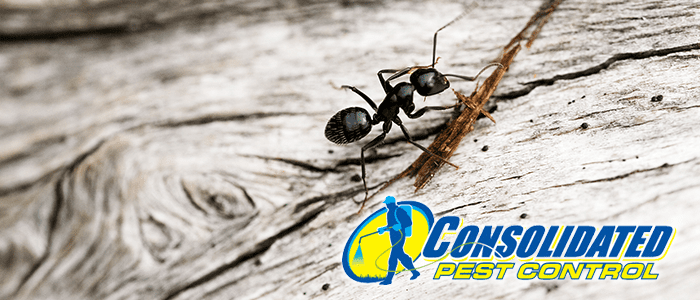Have you found yourself in the midst of an earwig epidemic? You turn on the lights in your kitchen, only to catch a glimpse of the little critters scurrying for cover underneath your counters. They show up in bathtubs and sinks, all but holding out their cups for water and making themselves at home.
Earwigs Will Leave Your Ears Alone
The earwig’s name comes from the myth that if you sleep on the floor, they’ll crawl into your ear and lay eggs that hatch and burrow into your brain. While it is true that earwigs like warm, small spaces to call home, ears aren’t high on their list of habitable places, and they’ll probably stick to living under a log.
John or Jane?
How do you tell the difference between a male and female earwig? As it turns out, there’s an easy and definitive way to tell. Earwigs have pincers on the ends of their abdomen, and while females’ pincers are straight, males’ pincers are curved. Now you’ll be able to tell if you have a Jane or a John earwig crawling around.
The Motherly Bond
Speaking of female earwigs; they’re unusually maternal for insects. Once they lay eggs (between 30 and 50 at a time), female earwigs not only lick them daily to prevent fungal overgrowth but will take care of their new offspring until their second molting, which can take up to 30 days’ time.
Earwigs Live Relatively Long Lives
Once the young have reached maturity, if they aren’t eaten by predators such as frogs, toads, or rodents, they’ll often live from one to three ears. That’s a long time in bug years!
Earwigs Stick To The Ground
Although earwigs have leathery wings, they rarely use them. Earwigs prefer to be terrestrial and stay on the ground, where they feel safest. You can often find them under plant material, in decay, and in small, tight spaces.
Earwigs may not be as big of a problem as you think, but if you’ve found that you have an earwig epidemic and need help getting them under control, contact us at Consolidated Pest Control to schedule an inspection.








